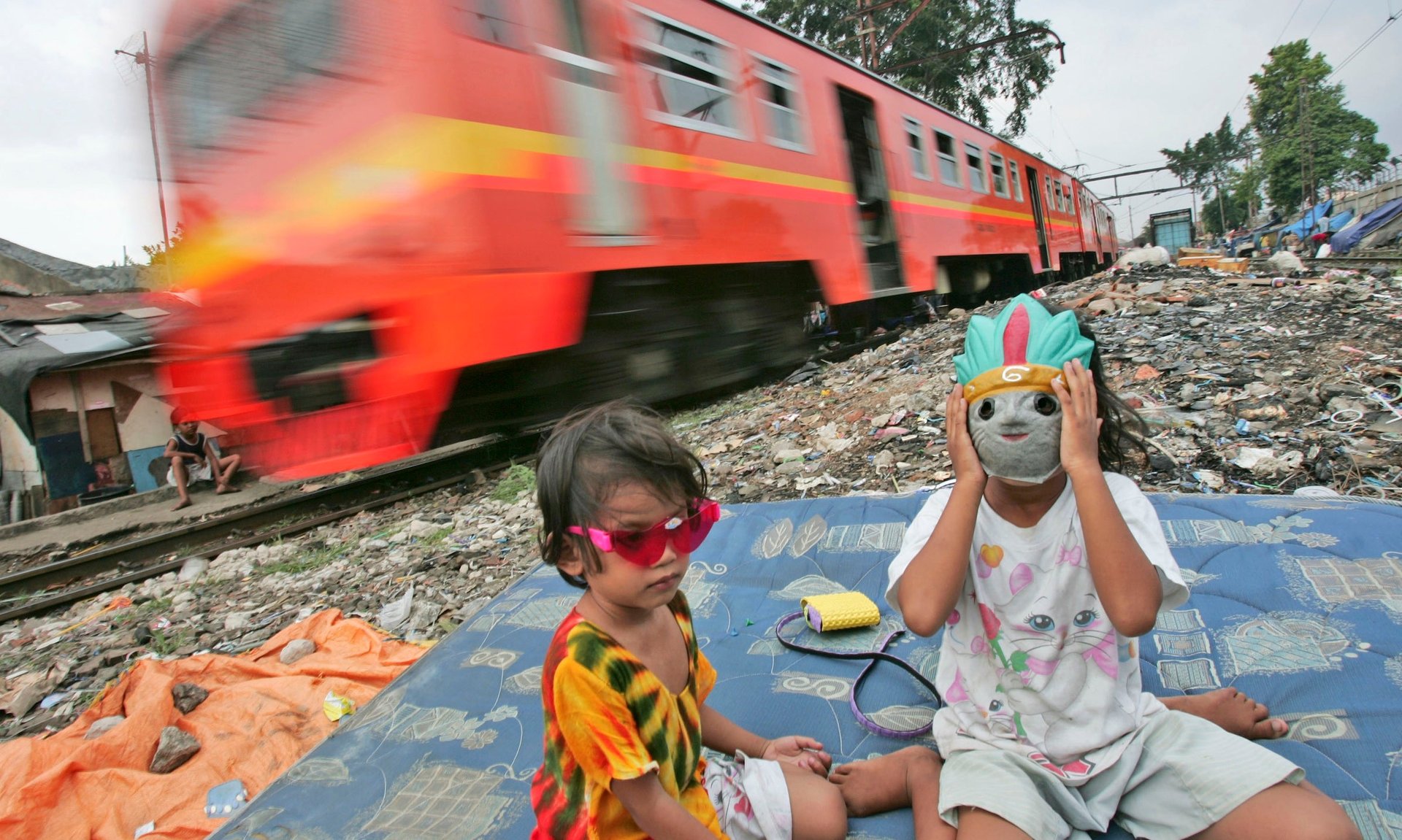Indonesia’s economic boom could fizzle, says World Bank
While Indonesia’s economy has had a great few years, the World Bank has warned the risks to growth are increasing as the country fails to invest in infrastructure and spread its new found wealth among the poor.


While Indonesia’s economy has had a great few years, the World Bank has warned the risks to growth are increasing as the country fails to invest in infrastructure and spread its new found wealth among the poor.
Among the concerns the World Bank raises in its latest quarterly review of conditions in Indonesia are that: “investment is needed in inadequate and ageing infrastructure, which continues to constrain growth.” For while Indonesia has a lot of potential to create growth via urbanisation, this cannot happen unless the country does more to encourage migration from the countryside by building decent housing and transport.
In January, the Indonesian capital Jakarta was savaged by floods. It transpired that the government had not upgraded the city’s drainage system since Indonesia’s former Dutch rulers handed the country its independence back in 1948.
Another issue with Indonesian infrastructure is that lots of money seemingly gets spent on it, without the effects of the cash being observed in the nation’s gridlocked roads and haphazard sidewalks (which are often full of holes large enough to lose a toddler in). That raises understandable concerns that infrastructure budgets are making their way into the country’s famously corrupt politicians’ pockets.
As the FT reports here (paywall), Indonesia’s economic boom has also left behind the approximately 60% of the labor force who do informal odd jobs such as driving motorbike taxis or picking trash.
In its quarterly review, the World Bank also points out diplomatically that Indonesia’s “investment climate would benefit from improved certainty in the regulatory environment.”
Last year, the Indonesian government shocked the mining sector with a staggering ruling that mines must be majority owned by Indonesians within ten years, which may be just about the point that a project a foreign digger has ploughed cash into starts actually producing resources and money. Miners then voted Indonesia the worst place in the world to do business.
And Indonesia’s economic boom really might have been no more than a temporary blip based on China’s former hunger for its commodities. In a few years’ time, if China’s growth continues to slow, Indonesia may still be a nation of poor, insecure workers, inadequate urbanisation, scary regulation and terrible infrastructure. That is, of course, unless the government is far sighted enough to invest the fruits of the past few years’ growth.